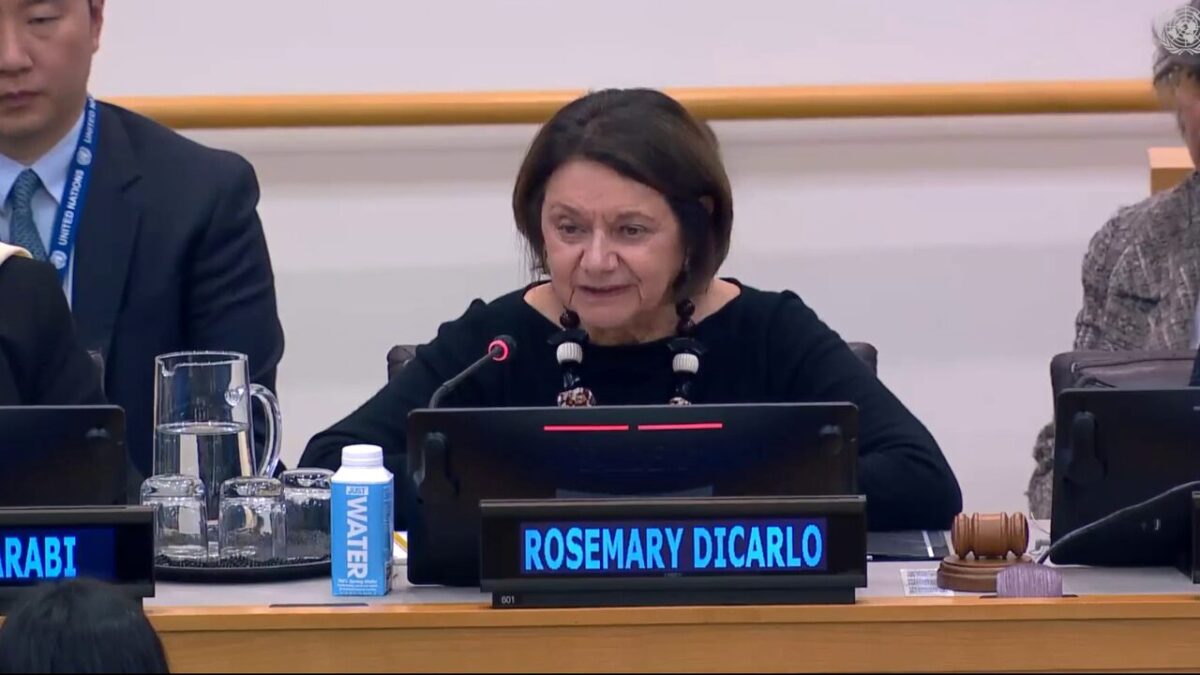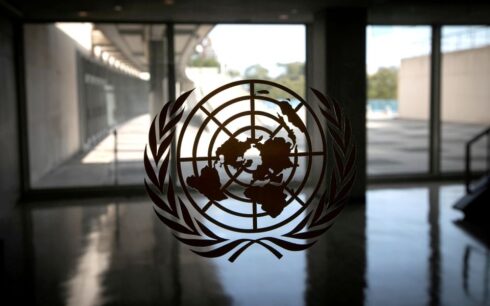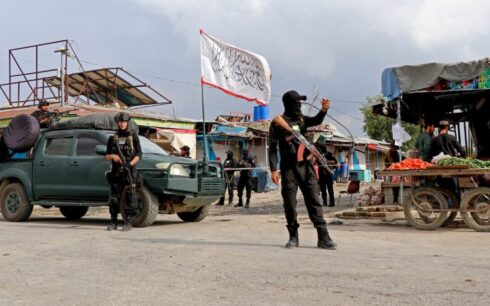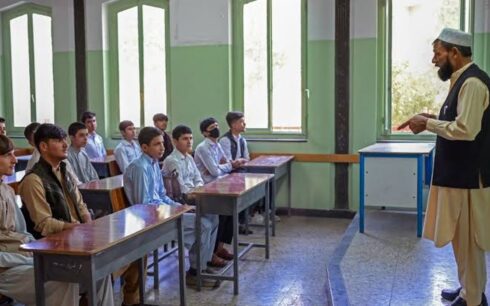At a meeting focused on the situation of women in Afghanistan, held on the sidelines of the U.N. General Assembly, Rosemary DiCarlo, the U.N.’s deputy chief, expressed concern over the future of the Doha process. She cited the Taliban’s restrictive policies, especially their new morality law, as a significant obstacle to continued international engagement.
DiCarlo led the third Doha meeting on Afghanistan in late June.
DiCarlo emphasized that many countries, once committed to the step-by-step process of diplomatic engagement with Afghanistan, are now hesitant to proceed due to the Taliban’s imposition of new morality law.
“Now, it’s extremely complicated, given that we have a situation where we now have the morality law,” DiCarlo said at the meeting on Monday. “We had member states willing to engage, willing to go forward with a step-for-step project. However, I think we risk right now of ending this process. At this point, those who’ve been participating in our process want to continue, but they really expect the Taliban to take part in good faith, and they’ve got to start abiding by their international obligations. Engagement is the key.”
She noted that while some countries remain committed, they expect the Taliban to demonstrate good faith and comply with international obligations. “Those involved in the process want to continue, but they expect the Taliban to start abiding by their international commitments. Engagement is key,” DiCarlo said.
Call for more women in diplomacy
DiCarlo underscored the importance of not abandoning the people of Afghanistan, particularly women, and urged U.N. member states to appoint more female envoys.
“We cannot and we cannot let Afghan women and men down. You ask about how we can encourage member states to appoint more female envoys,” she added.
The United Nations’ long history in Afghanistan
DiCarlo also highlighted the U.N.’s long-standing presence in Afghanistan, dating back to 1949, and its ongoing efforts to provide humanitarian aid across the country. “The U.N. has been in Afghanistan for decades, and today we continue with a political mission and several humanitarian agencies delivering life-saving aid,” she said.
The Doha process and its objectives
The deputy chief elaborated on the Doha process, which was endorsed by the U.N. Security Council and aims to foster international engagement with Afghanistan. The process, held in Qatar’s capital, involves negotiations between the Taliban, Afghan civil society leaders—including women—and special envoys from around 30 countries and international organizations.
“You ask, what can we do more? And let me tell you what we’re doing and what we’re trying to do here. We’re leading a process now. It was one that was endorsed by the Security Council,” she said. “It’s called, we’re calling it the Doha process because we meet in Doha to have principle international engagement with Afghanistan.”
“The Doha process is intended for the benefit of the Afghan people,” DiCarlo explained. “It follows a step-by-step approach, where the de facto authorities are expected to implement inclusive governance, respect the rights of women and girls, and improve counterterrorism and counter-narcotics efforts.”
In return, she said, the international community would incrementally ease restrictions and offer development support. “The goal is to bring the Taliban into compliance with their obligations—both to their people and the international community,” DiCarlo stated. “Without this, Afghanistan will remain isolated and unable to rejoin the international fold.”
DiCarlo acknowledged the complexity of the process but stressed the importance of continued dialogue. “We bring together special envoys and civil society leaders directly with the Taliban, and while it is challenging, it is essential for the future of Afghanistan,” she said.





